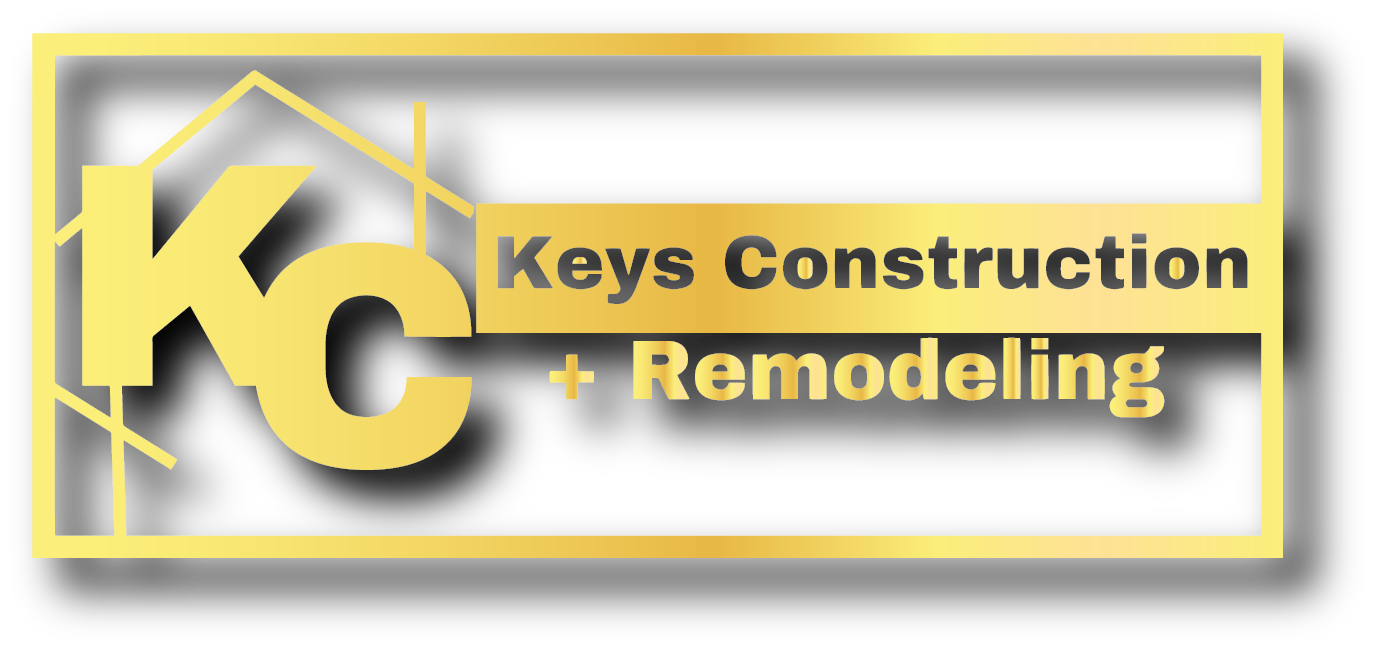Eco-Evolution
The Environmental Imperative for Net Zero Construction
In an era defined by climate change and environmental degradation, the push for sustainable living has never been more urgent, especially in urban areas like the Detroit Metro region. As we face the challenges posed by dwindling natural resources and rising greenhouse gas emissions, the need for innovative solutions in home construction becomes increasingly clear. Enter net zero homes—a beacon of hope in the quest for a more sustainable built environment in communities like Royal Oak, Southfield, and Troy. Join us as we explore the environmental imperatives driving the adoption of net zero construction and the transformative impact these homes can have on our planet and the Detroit Metro area.
Addressing Climate Change Through Sustainable Building Practices
The construction industry is a significant contributor to global carbon emissions, accounting for nearly 40% of total energy-related CO2 emissions. Traditional building methods, characterized by inefficient heating and cooling systems, reliance on fossil fuels, and poor insulation, exacerbate the problem by perpetuating energy waste and environmental harm. In cities like Detroit, where urban density and older building stock contribute to these issues, net zero homes offer a solution by minimizing energy consumption and integrating renewable energy sources. This reduces carbon footprints and mitigates the impacts of climate change, creating a more sustainable future for Detroit and its neighboring areas like Farmington Hills and Dearborn.
Preserving Natural Resources and Biodiversity
In addition to mitigating climate change, net zero construction plays a crucial role in preserving natural resources and biodiversity across the Detroit Metro area. By prioritizing energy efficiency and sustainable materials, net zero homes minimize the depletion of finite resources and reduce the environmental degradation associated with traditional construction practices. Moreover, adopting green building techniques, such as rainwater harvesting, greywater recycling, and native landscaping, promotes water conservation and habitat preservation in suburban areas like Novi and Bloomfield Hills, further enhancing the ecological integrity of net zero homes.
Promoting Health and Wellbeing
Beyond environmental considerations, net zero homes offer tangible benefits for human health and wellbeing, especially in urban environments. By prioritizing indoor air quality, natural daylighting, and thermal comfort, these homes create healthier living environments that support physical, mental, and emotional wellbeing. Low-toxicity materials, efficient ventilation systems, and passive design strategies contribute to improved indoor air quality, reducing the risk of respiratory illnesses and other health issues associated with poor indoor environmental quality. This is particularly valuable in densely populated areas like Royal Oak and Birmingham, where residents seek both comfort and sustainability.
Driving Market Transformation and Innovation
The adoption of net zero construction represents a paradigm shift in the housing market, driving innovation and market transformation in Detroit and beyond. As demand for sustainable homes continues to grow in areas like Southfield and Grosse Pointe, builders, developers, and manufacturers are investing in research and development to create more efficient building materials, technologies, and systems. This influx of innovation not only accelerates the transition to a low-carbon economy but also creates new economic opportunities and jobs in the burgeoning green building sector throughout the Metro Detroit area.
Empowering Communities and Inspiring Action
Perhaps most importantly, net zero homes empower communities across the Detroit Metro area to take meaningful action towards a more sustainable future. By demonstrating the feasibility and benefits of sustainable living, these homes inspire individuals, businesses, and policymakers to adopt similar practices and policies at scale. Through community engagement, education, and collaboration, net zero homeowners and advocates can catalyze broader societal change, paving the way for a more sustainable, equitable, and resilient built environment from Detroit to Rochester Hills.
The environmental imperatives driving the adoption of net zero construction underscore the urgent need for transformative change in the housing sector, particularly in Detroit. By prioritizing energy efficiency, resource conservation, and human health, net zero homes offer a holistic solution to the interconnected challenges of climate change, environmental degradation, and public health. As we continue to embrace sustainable building practices and innovations, we have an unprecedented opportunity to create a more sustainable and resilient future for generations to come in the Detroit Metro area.
Keys Construction is proud to be at the forefront of this movement, bringing innovative building styles and sustainable solutions to Northern Michigan and the Detroit Metro area. Join us for the next installment in our series as we explore "Energy Independence: How Net Zero Homes Redefine Sustainability" and delve deeper into the principles and practices shaping the future of home construction in Detroit.



